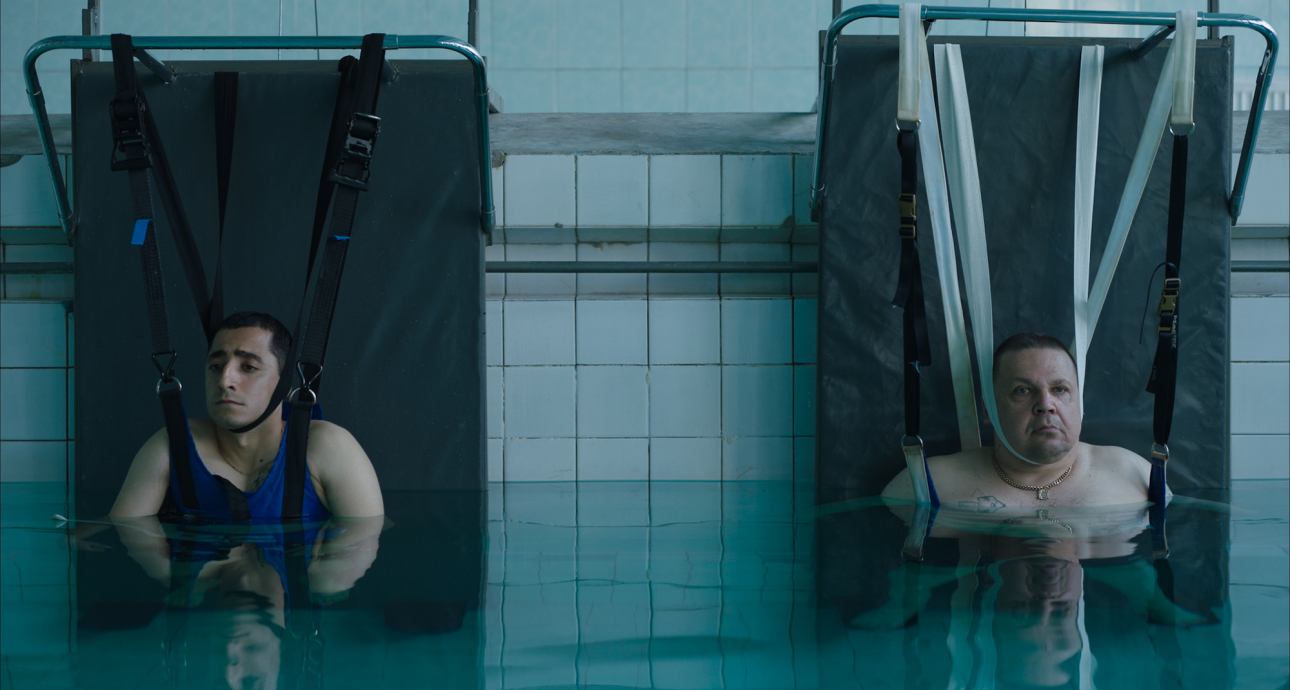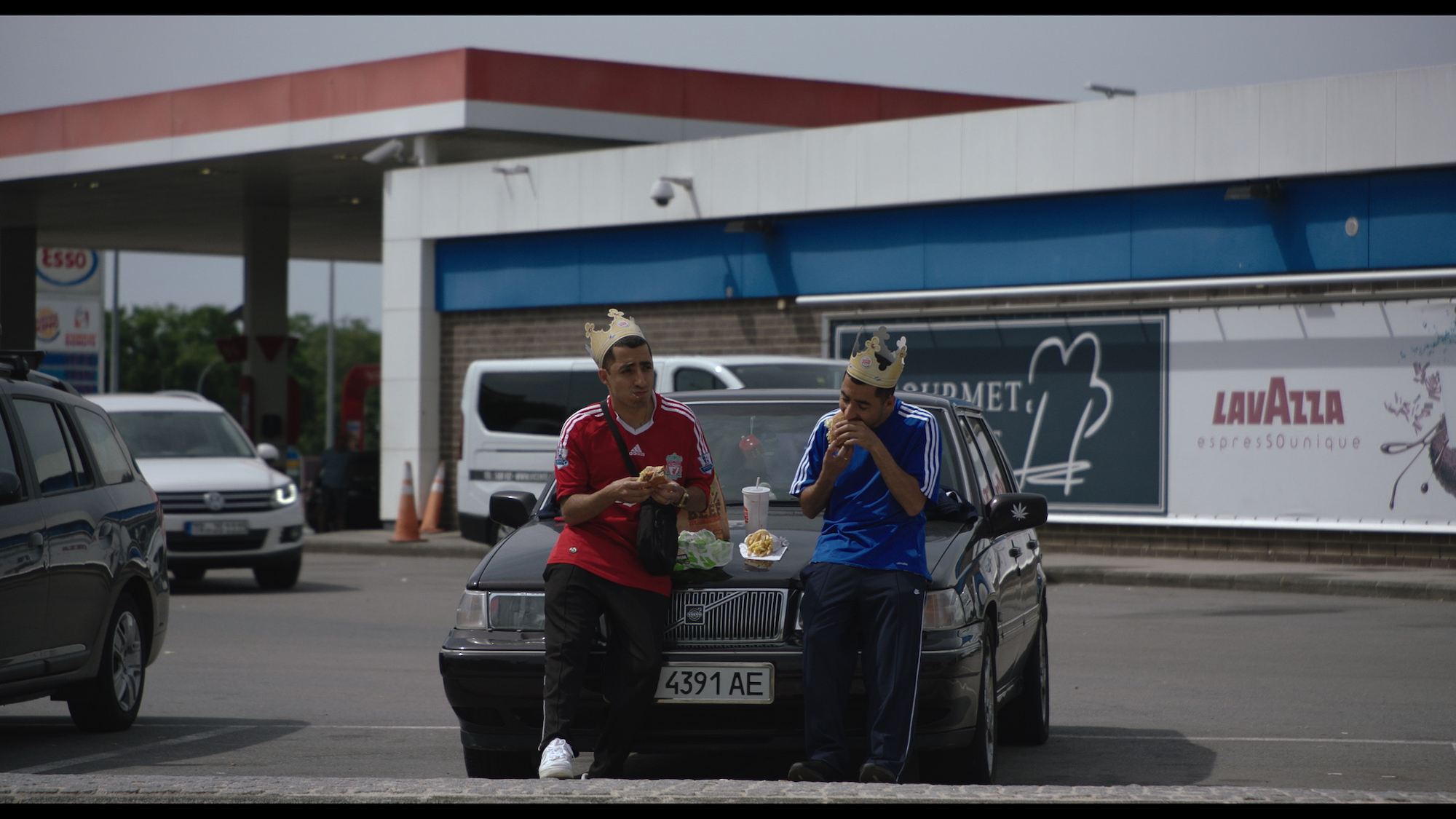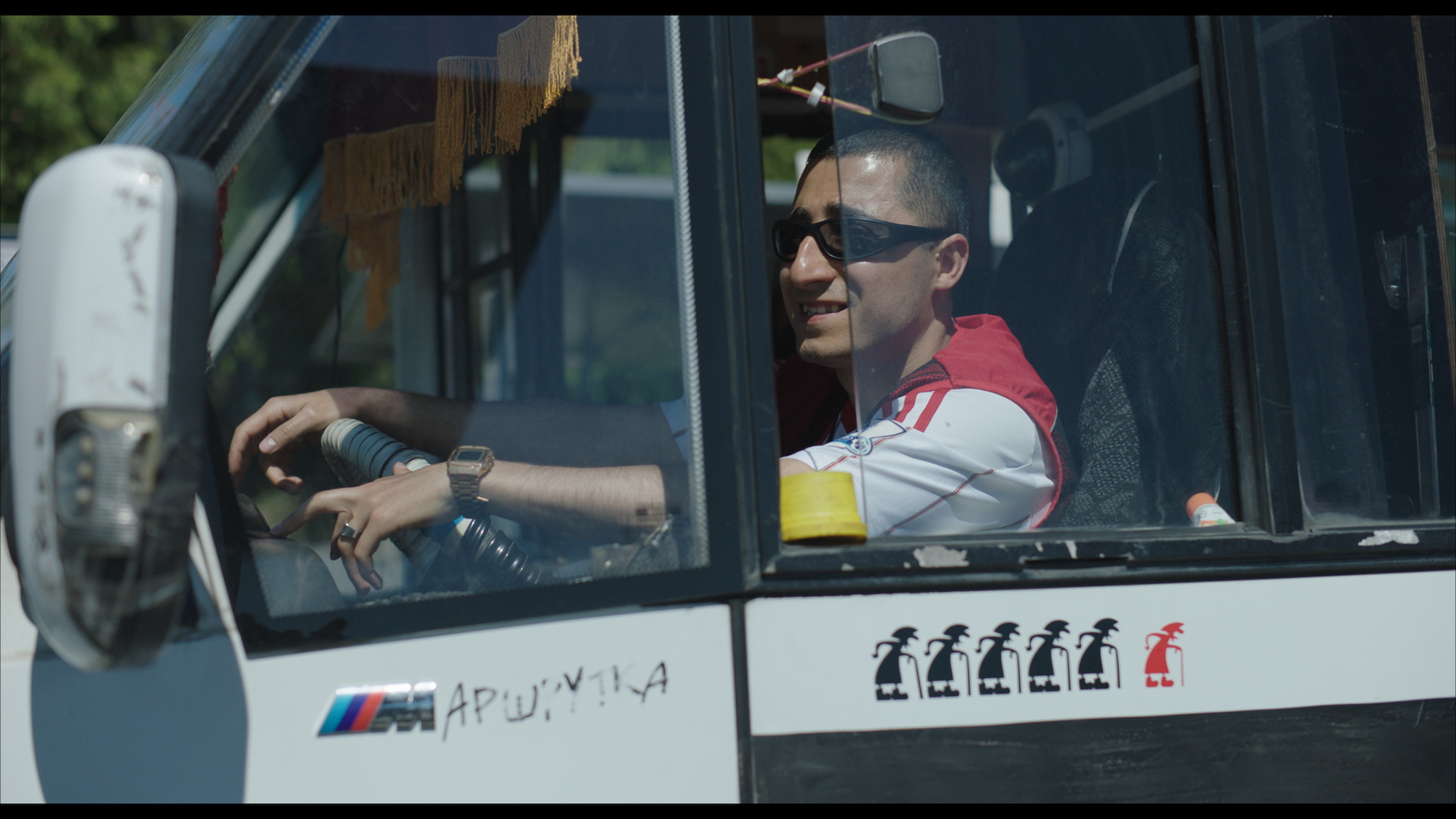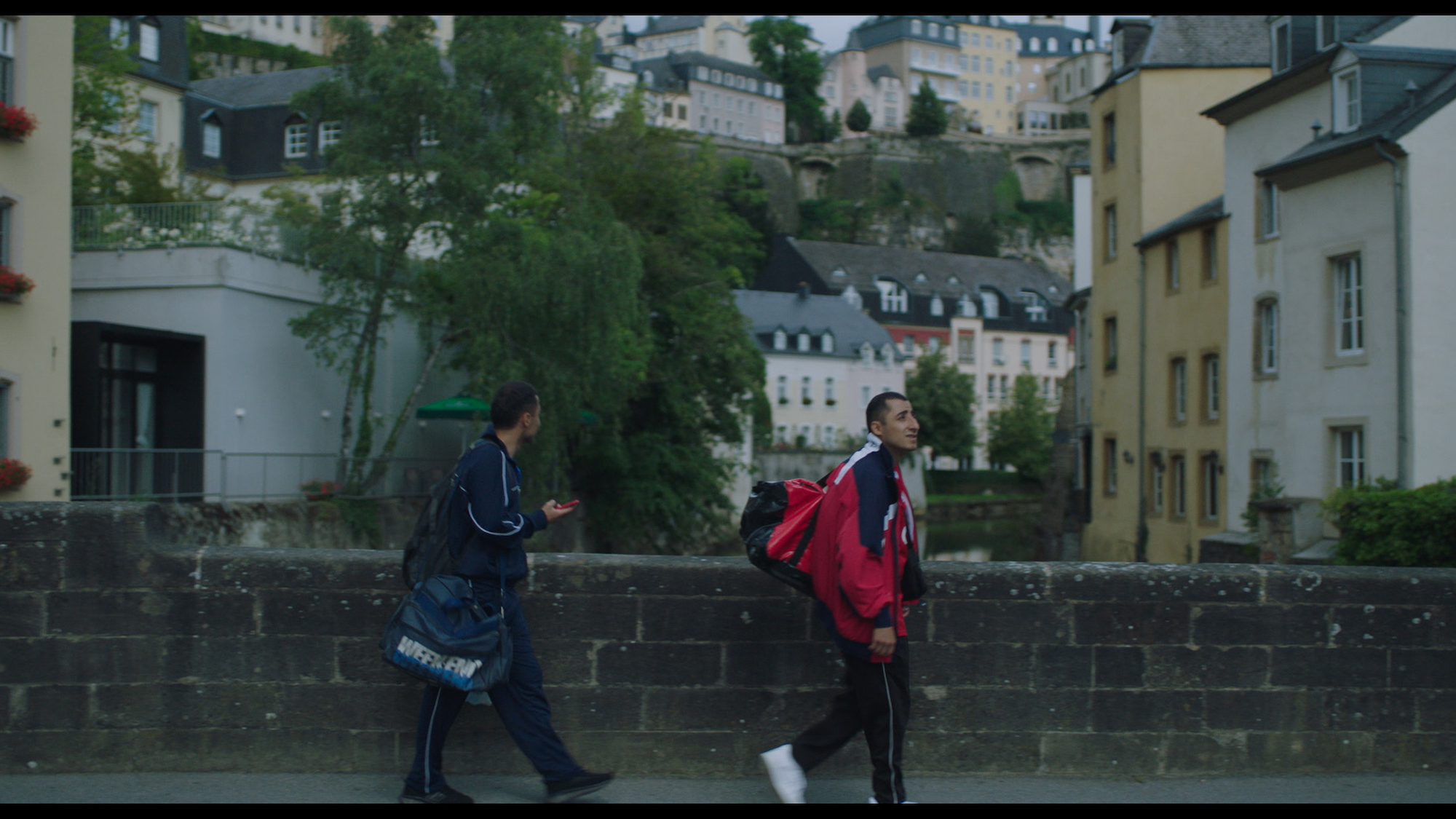
You Can’t Step Into the Same River Twice: Review of “Luxembourg, Luxembourg” Film
The film “Luxembourg, Luxembourg” by Antonio Lukich became one of the main premieres in Ukrainian cinema for two reasons. Firstly, because of the members of the band “Kurgan i Agregat” – twin brothers Ramil and Amil Nasirov, who played the lead roles in it. Secondly, because of the director of the film. Having made a completely successful debut with “My Thoughts Are Silent” (the work paid off at the box office, which is rare for a Ukrainian film), Lukich gained the status of perhaps the only notable comedy director in Ukraine.
The first fifteen minutes of “Luxembourg” are what audiences and critics have come to love Lukich for – a witty comedy. Off-screen, Kolya (Amil) starts confessing in a unique dialect: “For some reason, all the boys have problems since childhood. Either it’s because of the fate of the guys, or because of boredom.” Then the adventure of the little Kolya and Vasya (Ramil) begins. The first got into trouble, stuck in a freight car, and the second rushed to call for help. To the tune of Boney M’s “Daddy Cool,” Vasya rushes through Lubny at the beginning of the 90s. Through impromptu bazaars, past “brothers,” straight to a restaurant to see his father, a Serb in a raspberry jacket. This episode, a la Kusturica, already depicts our 90s with charming completeness and wit at the start of the film.
The first fifteen minutes of “Luxembourg, Luxembourg” represent what the audience and critics loved about Lukich — witty comedy.
The Nasirov brothers are the main success of the film. In the script, Lukich placed them on opposite social poles. Vasil became a policeman, and Mykola is a rude minibus driver who regularly breaks the law.

Amil and Ramil in “Luxembourg” play the characters they previously created for the band “Kurgan and Agregat” – flashy yet sincere provincials. They do it well, but only until the supporting characters come into play: Vasya’s and Kolya’s mother, her lover, Vasya’s wife with her relatives, and the main characters’ colleagues. After that, the film starts to have difficulties.
Lukich’s cinematic method consists of constructing a story in the form of a chain of more or less funny mishaps and gags. This approach justified itself in his debut film, although even then it was clear that relying solely on this to glue the plot together was not reliable. The script for “My Thoughts Are Silent” hung in the balance between different motifs of the mother and son, but held together thanks to the contrasting and funny duo of Andriy Lidagovsky and Irma Vitovska. Any interaction between them looked interesting. However, in “Luxembourg,” this technique did not work.
Antonio Lukich’s cinematic method was successful in his debut film, but it did not work in “Luxembourg”.
The plot of “Luxembourg” is quite standard. Each of the brothers tries to solve their own life problems, but one day they find out that their father, whom they barely remember, is dying in faraway Luxembourg and they decide to go there. The level of fun and sadness in the film should have been provided by the brightly outlined character of the characters, but this did not happen due to the blandness and vagueness of the key supporting performers. Therefore, in most of the dialogues, except for those at the beginning of the film, there is no comedic lightness, only the routine of scandal.


As the story develops, the screenplay of the film becomes weaker. This is especially noticeable in the final episodes: the rhythm is lost, the characters evoke less sympathy, and comedic techniques look banal (when was the last time you saw a witty hospital scene with a patient completely wrapped in bandages?).
There is another flaw in the film related to the performances of the main actors. The Nasirov brothers are undoubtedly talented artists, but unfortunately, they use only one intonation in their acting. In the second half of the film, Lukich tries to extract more melancholic, deeper emotions from the actors, but it doesn’t work – it’s not their forte. Therefore, even the wonderful final monologue looks not like the confession of the hero, but only like a director’s note in the margins.
“Luxembourg, Luxembourg” could have been a bittersweet story about the trauma of the 90s. And about how everyone who had to live at the turning point of the era are somehow orphaned children and live with promises that their parents gave them but never fulfilled. However, it didn’t happen. What a pity.
All images: ForeFilms film production.
New and best




